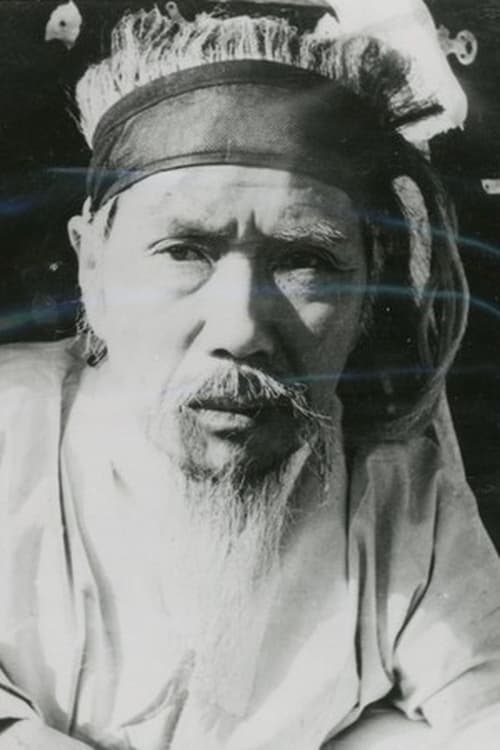Born Byun Chang Gyu on the 29th July 1895, in Seoul, Korea. He began to use the stage name Byun Ki Jong when he began theatre in 1912. In 1913 he met with Yi Gi Se who was a pioneer in the theatrical movement. In 1919, he joined the Chosun Literary Association of Yi Sensei, and starred in the serial play "Jigi". At this time, he was a young man in his mid-twenties, but he worked as a labourer and became a professional actor. He also performed in theatre performances, radio plays, and theatre companies.
During the time of the US Military Government, he became chairman of the theatre of the Korea Theatre Association. However, as the US military 's left - wing oppression intensified, the left - wing connections of the theatre system became more and more common, and the free theatre stopped performing.
In the Republic of Korea, the actor actively participated in the theatre scene. He made his on screen debut in "A Hometown in Heart" in 1949. In 1956, he was selected as a member of the Korean Academy of Arts. He was a veteran of the theatre industry, holding roles including deputy director of the Korean theatre arts department, advisor to the Korea Theatre Association, and director of the National Theatre Company. In 1973, he received the National Medal Mugunghwa.
More »
